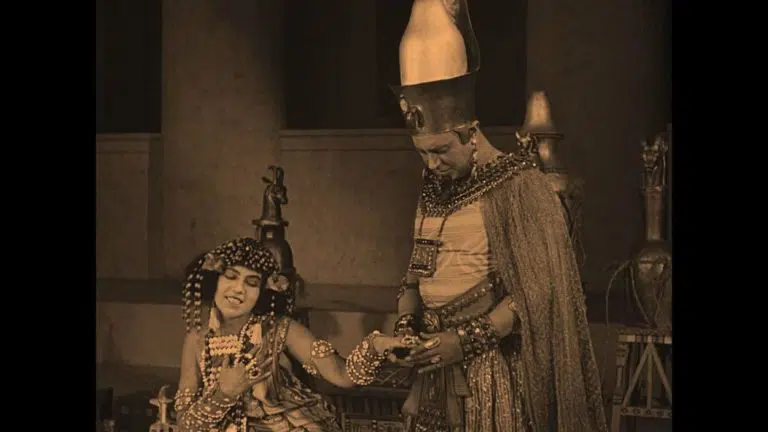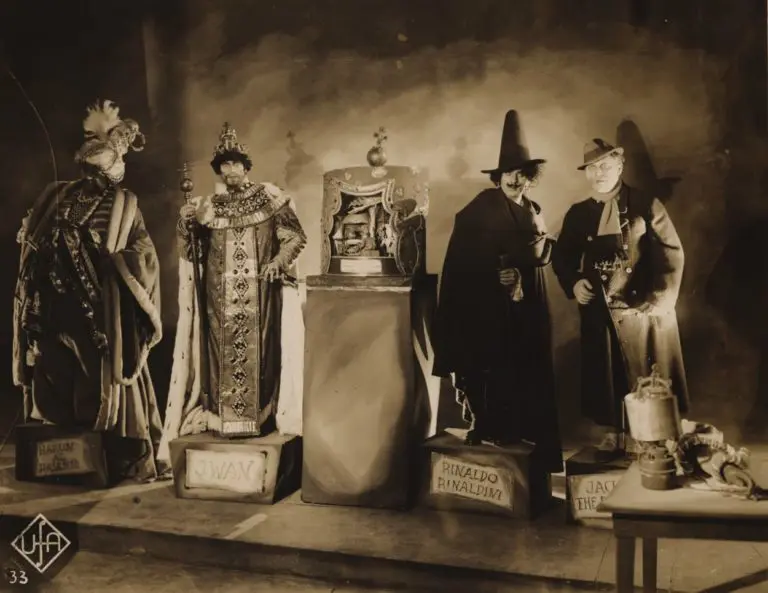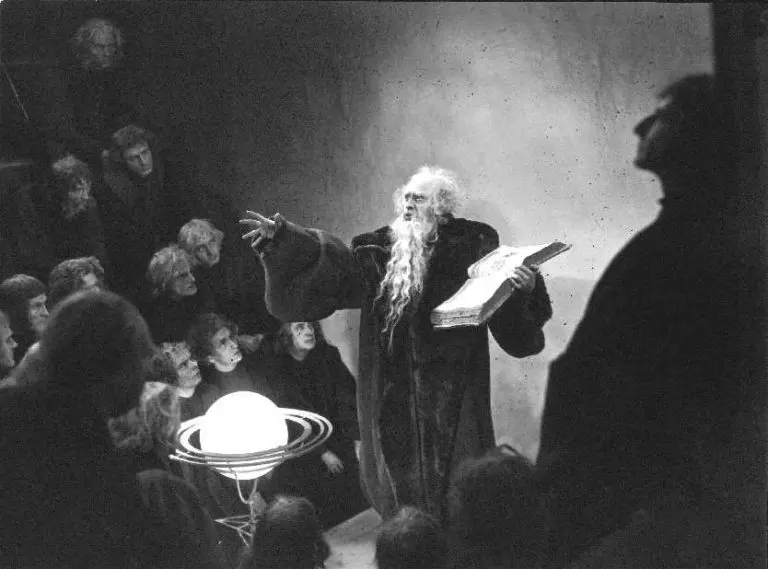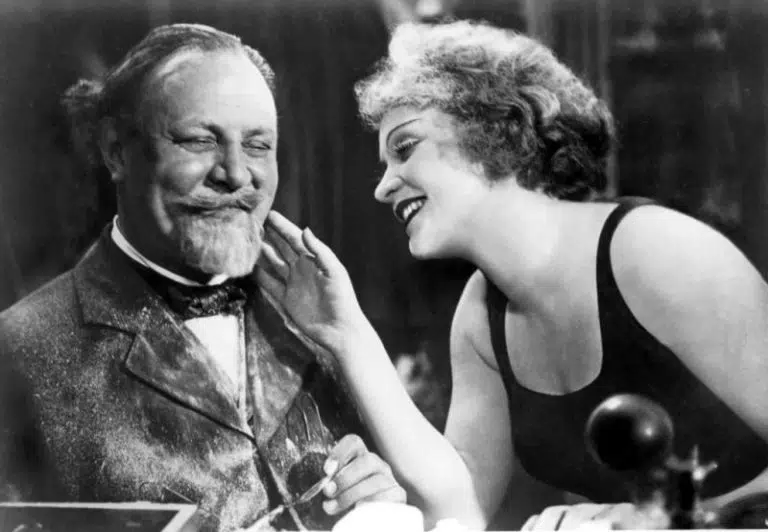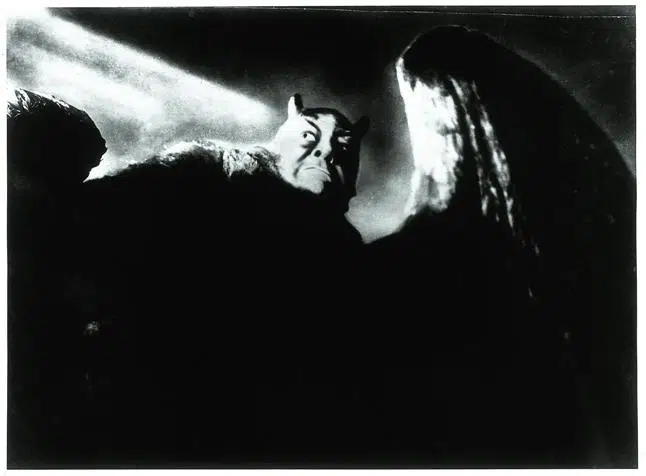100 Years of… The Loves of Pharaoh
Why this film from 1922 is called The Loves of Pharaoh in English is a bit of a mystery. It’s Das Weib des Pharao – Pharaoh’s Woman (or Wife) – in German and in every other language it was translated into (per the IMDb), the lady in question has been faithfully rendered as wife/woman/love singular. In fact the film was also much messed about with when it first debuted. In Russia Pharaoh was more of a tyrant, in the US there was more of a happy ending, whereas in its native Germany audiences got to see more or less what the director Ernst Lubitsch and writers Norbert Falk and Hanns Kräly had wanted … Read more
